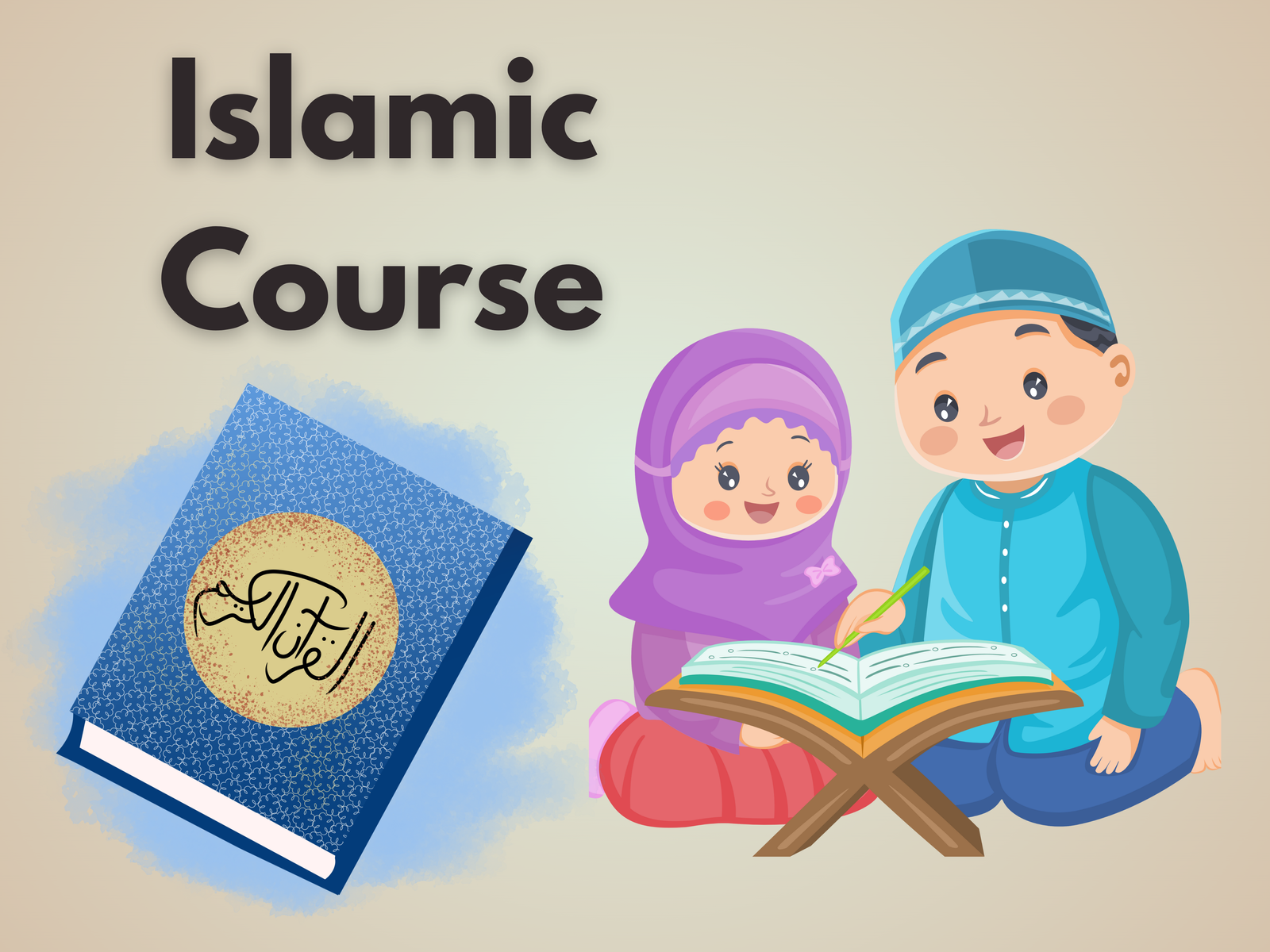
About Course
Dive deep into the rich heritage of Islam with our comprehensive course on Islamic Studies. Whether you’re a beginner seeking to understand the basics or someone looking to deepen your knowledge, this course covers essential beliefs, practices, history, and cultural aspects of Islam. Gain a profound understanding of the religion’s core teachings, its historical development, and its influence on the world.
Course Structure:
Module 1: Introduction to Islam
- Lesson 1: Overview of Islam
- Understanding the basic beliefs and practices of Islam.
- The significance of the Five Pillars of Islam.
- Lesson 2: The Qur’an and Hadith
- Introduction to the Qur’an and its structure.
- The role and importance of Hadith in Islamic teachings.
Module 2: Beliefs and Practices
- Lesson 1: Articles of Faith
- Detailed explanation of the Six Articles of Faith.
- Lesson 2: The Five Pillars of Islam
- Shahada (Faith), Salah (Prayer), Zakat (Charity), Sawm (Fasting), and Hajj (Pilgrimage).
- Lesson 3: Daily Life and Ethics
- Understanding Islamic dietary laws, dress code, and social conduct.
- The concept of Halal and Haram.
Module 3: Islamic History
- Lesson 1: The Life of Prophet Muhammad (PBUH)
- Early life, prophethood, and key events in his life.
- Lesson 2: The Rightly Guided Caliphs
- The first four caliphs and their contributions to Islam.
- Lesson 3: The Spread of Islam
- Expansion of the Islamic Empire and its influence on different cultures.
Module 4: Islamic Jurisprudence (Fiqh)
- Lesson 1: Introduction to Fiqh
- Understanding the principles of Islamic jurisprudence.
- Sources of Islamic law: Qur’an, Sunnah, Ijma, and Qiyas.
- Lesson 2: Major Schools of Thought
- Overview of the four major Sunni schools (Hanafi, Maliki, Shafi’i, and Hanbali) and Shia jurisprudence.
- Lesson 3: Contemporary Issues in Fiqh
- Modern applications of Islamic law in various contexts.
Module 5: Islamic Culture and Civilization
- Lesson 1: Contributions to Science and Knowledge
- Islamic Golden Age and contributions to science, medicine, and philosophy.
- Lesson 2: Art and Architecture
- Islamic art, calligraphy, and architecture.
- Lesson 3: Sufism and Spirituality
- Introduction to Sufism and its role in Islamic spirituality.
Learning Objectives:
- Understand the core beliefs and practices of Islam.
- Gain knowledge of the Qur’an, Hadith, and Islamic jurisprudence.
- Learn about the history and significant events in the development of Islam.
- Explore the cultural and scientific contributions of the Islamic world.
- Develop an appreciation for the diversity within Islamic traditions.
Additional Resources:
- Text Readings: Selected readings from the Qur’an and Hadith.
- Video Lectures: Expert-led video lectures on key topics.
- Discussion Forums: Participate in discussions with fellow students and instructors.
- Quizzes and Assignments: Regular assessments to test your understanding.
- Certification: Earn a certificate of completion to validate your knowledge.
This structure ensures a thorough understanding of Islam, covering its theological foundations, historical development, and cultural impact.
4o
What Will You Learn?
- Overview of the four major Sunni schools (Hanafi, Maliki, Shafi'i, and Hanbali) and Shia jurisprudence.
Course Content
Islamic Culture and Civilization
Lesson 1: Contributions to Science and Knowledge
Islamic Golden Age and contributions to science, medicine, and philosophy.
Student Ratings & Reviews

No Review Yet